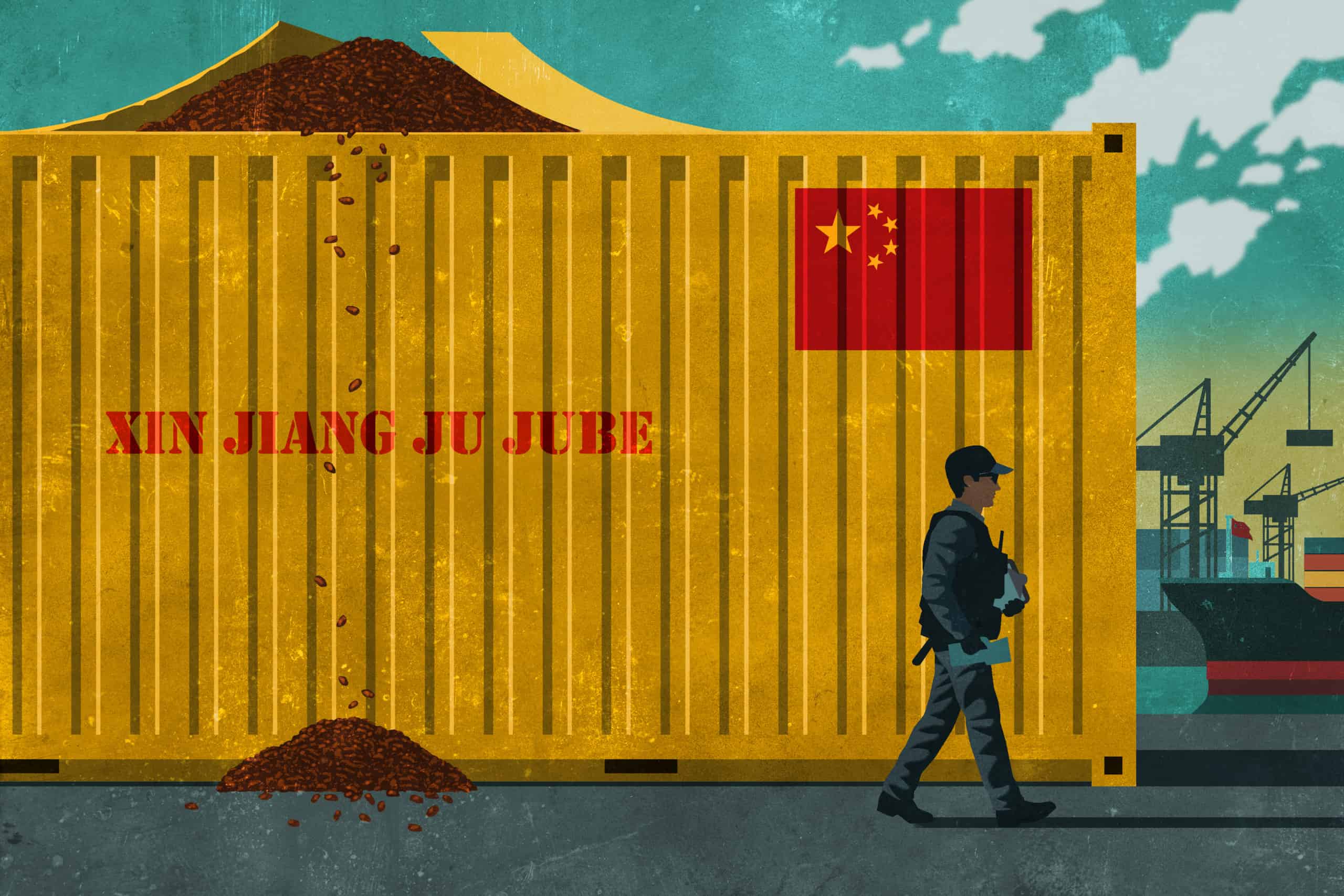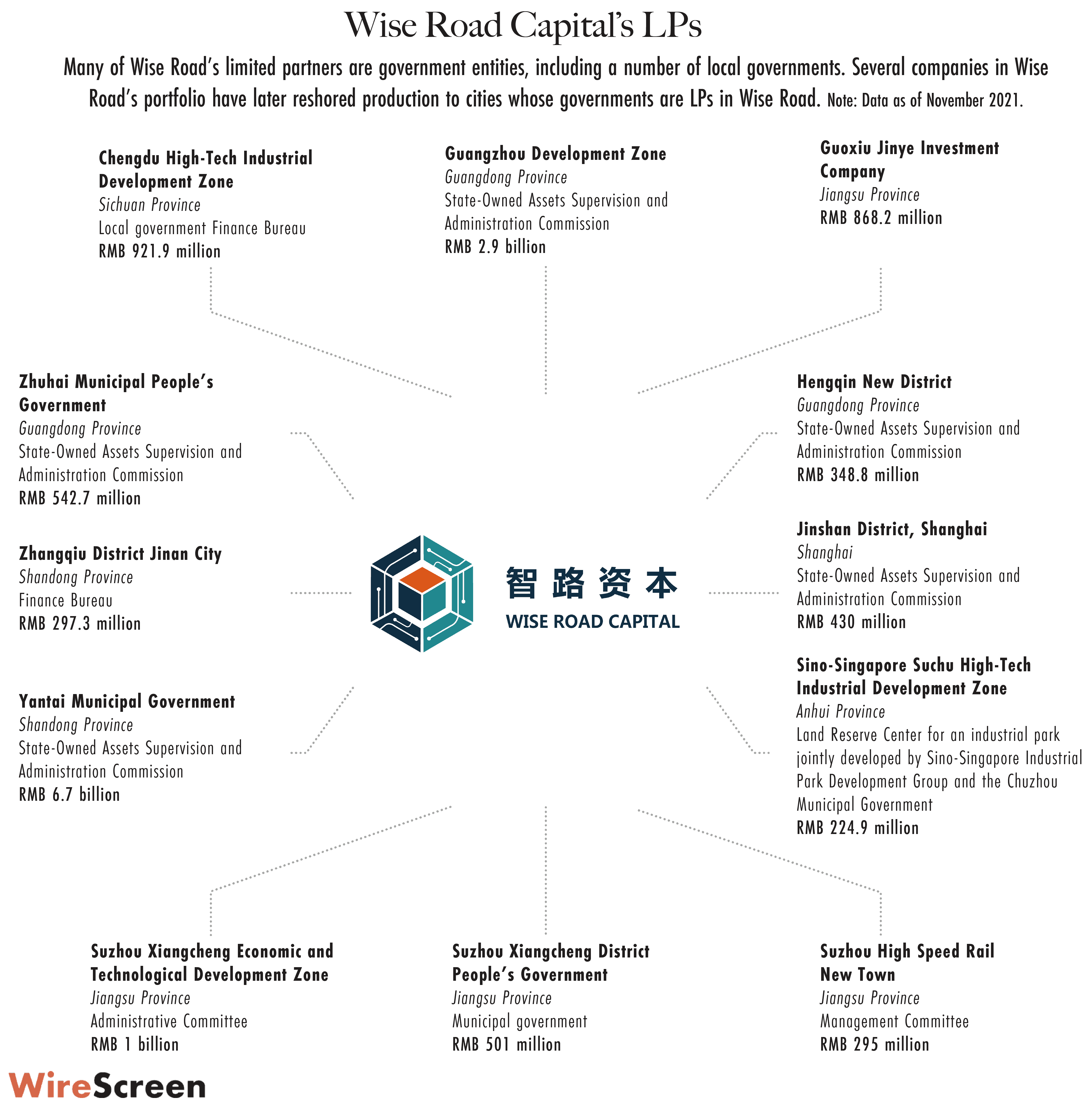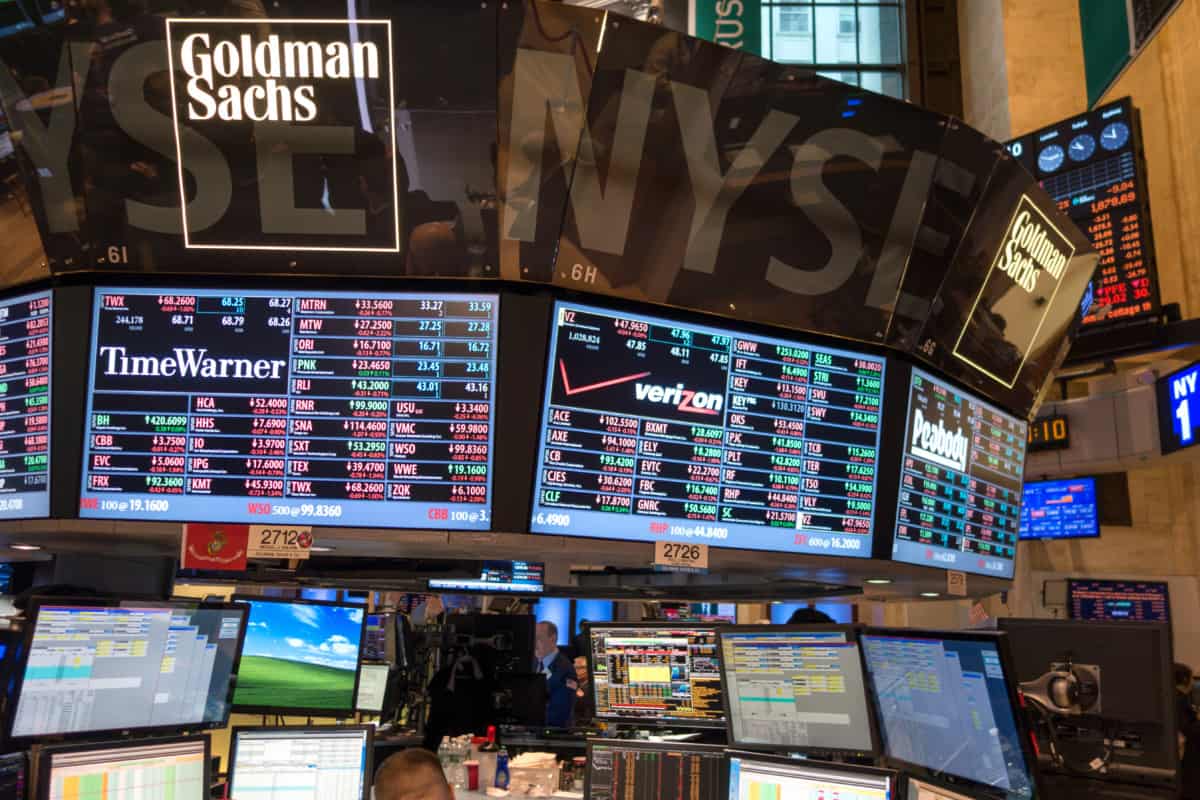Good evening. How are products blatantly labeled as from Xinjiang being sold on U.S. shelves? Our cover story this week is an investigation into one brand of red dates and what it reveals about the challenges facing U.S. Customs and Border Patrol with the new Uyghur Forced Labor Protection Act. Elsewhere, we have infographics on Wise Road Capital, the new favorite in China’s chip investment space; an interview with Susan Thornton on escaping the zero-sum mindset in U.S.-China relations; a reported piece on the new agreement for U.S.-listed Chinese companies; and an op-ed about academic engagement with China. If you’re not already a paid subscriber to The Wire, please sign up here.
Want this emailed directly to your inbox? Sign up to receive our free newsletter.

Date Deception
Thanks to the recent enactment of the Uyghur Forced Labor Protection Act, U.S. Customs and Border Patrol has had its hands full with imports from Xinjiang. The story of one brand of red dates, or jujubes, shows how goods made by Xinjiang companies evade scrutiny and end up on U.S. shelves.

The Big Picture: Wise Road Capital’s Debut
Wise Road Capital looks like a new favorite in China’s chip investment space, but little is known about the company, which was founded just seven years ago, and its management team. Its secrecy, as well as the opacity with which it conducts its deals, is arousing suspicion in national security circles. This week, infographics by Eliot Chen look at Wise Road Capital: the people connected to it, its activities, and why the firm is drawing suspicion internationally.
A Q&A with Susan Thornton

Susan Thornton is a former U.S. diplomat and acting Assistant Secretary of State for East Asian and Pacific Affairs. She is currently a Senior Fellow and Visiting Lecturer in Law at the Yale Law School Paul Tsai China Center. In this week’s Q&A with Garrett O’Brien, the longtime China resident talks about escaping the zero-sum mindset; how domestic politics has impacted the U.S.-China relationship; why not everything should be done in a bilateral context; and why commercial ties are the ties that bind.
Susan Thornton
Illustration by Kate Copeland

Trading Truce
On Friday Washington and Beijing inked a deal described by U.S. regulators as the “first step” towards allowing them to inspect the audits of Chinese companies traded on American stock exchanges. As Isabella Borshoff reports, the landmark agreement between U.S. and Chinese regulators could stave off further financial sector decoupling.

On Academic Engagement with China
China has the world’s fastest growing higher education system in quality as well as quantity. It is home to more of the best intellectual capital — Chinese scholars at home or in the diaspora — than any country on Earth, and Chinese universities continue to rise in the global rankings. Yet while these gains are often framed as a threat to American primacy in higher education, William C. Kirby, at Harvard University, argues that China’s educational resurgence is an opportunity for American and other international universities.
Subscribe today for unlimited access, starting at only $19 a month.



